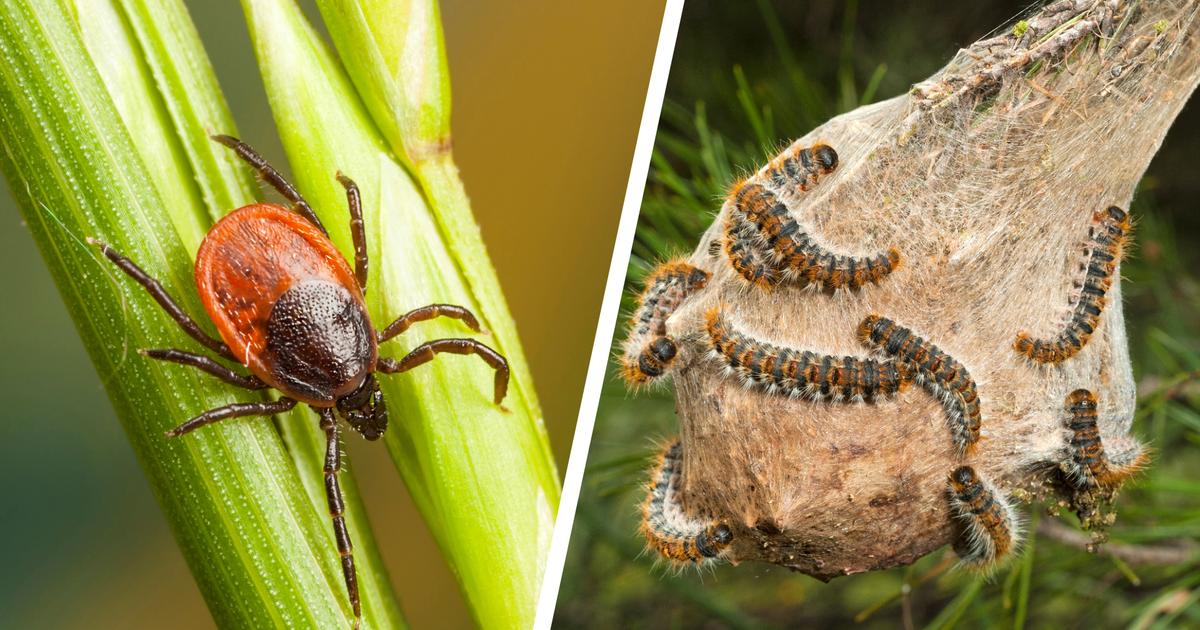With the first heat, the larvae were able to develop and you must have seen or heard their little buzzing in your ears: the mosquito season is back.
While for decades and even more in recent years with the tiger mosquito, many communities have launched mosquito control campaigns, a British company seems to have found an effective control process.
And especially without using insecticides.
Oxitec has indeed just completed the first study on genetically modified mosquitoes in the United States, reports the scientific journal Nature.
Over the past year, it has released nearly five million genetically modified mosquitoes in a tropical archipelago off Florida (Florida Keys).
In his sights: Aedes aegypti, a species very close to the tiger mosquito, and which has spread diseases such as dengue fever, Zika, Chikungunya and yellow fever.
In an attempt to reduce this colony of insects, the researchers succeeded in modifying two genes in their male mosquitoes that it transmits during reproduction.
Thus, the female larvae (those that bite humans), born from these genetically modified fathers, will not be able to develop and will die before reproducing in turn.
The male larvae will survive but will in turn transmit this gene.
“It's an approach that is developing quite a bit in the field of disease vector control.
It has several advantages, in particular to meet a strong demand for less use of insecticides”, observes Hélène Cécilia, postdoctoral researcher at the State University of New Mexico and who works on dengue fever and zika.
Less polluting but too expensive for an eradication of "comfort"
Females mate once in their lifetime, lasting one month.
They can lay eggs every three days if they have regular blood meals.
Gradually, the females disappear and the colony gradually dies out.
The lethal gene persists in the wild population for two to three months, or about three generations, before disappearing.
Should we, then, worry about the risk of extinction of a species?
“We know that mosquitoes have a role as pollinators and are used in the food chain for certain birds,” recalls the expert we contacted.
British researchers from Oxitec explain that the modified mosquitoes introduced in Florida did not move away in an area of more than one hectare.
"However, some areas are so favorable to mosquitoes that we cannot achieve eradication", reassures Hélène Cécilia, who will however wait for the publication of the final data from Oxitec, to find out the eradication rate or the duration of resistance. of the mosquito population.
But can we imagine using this technique in France?
“It's very expensive to release sterile offspring.
This can be imagined for a public health objective, but we are far from being able to use it as a comfort measure”, judges the researcher, recalling that France is currently limited to the surveillance of disease-carrying mosquitoes.
However, France has been hosting a similar experience since July in Reunion, where efforts are being made to reduce the population of tiger mosquitoes by releasing sterilized males.
“Other techniques exist, such as the irradiation of mosquitoes or the inoculation of a bacterium”, concludes Hélène Cécilia.
This is the case in Nouméa (New Caledonia) in particular.
Despite thousands of skeptical opponents in the United States, according to The Guardian, Oxitec has been authorized by the United States Environmental Protection Agency to release up to 2.4 billion of its genetically modified mosquitoes through 2024.


/cloudfront-eu-central-1.images.arcpublishing.com/prisa/V52IR6OHHFVDGXPVLU5ACTYOAE.jpg)












